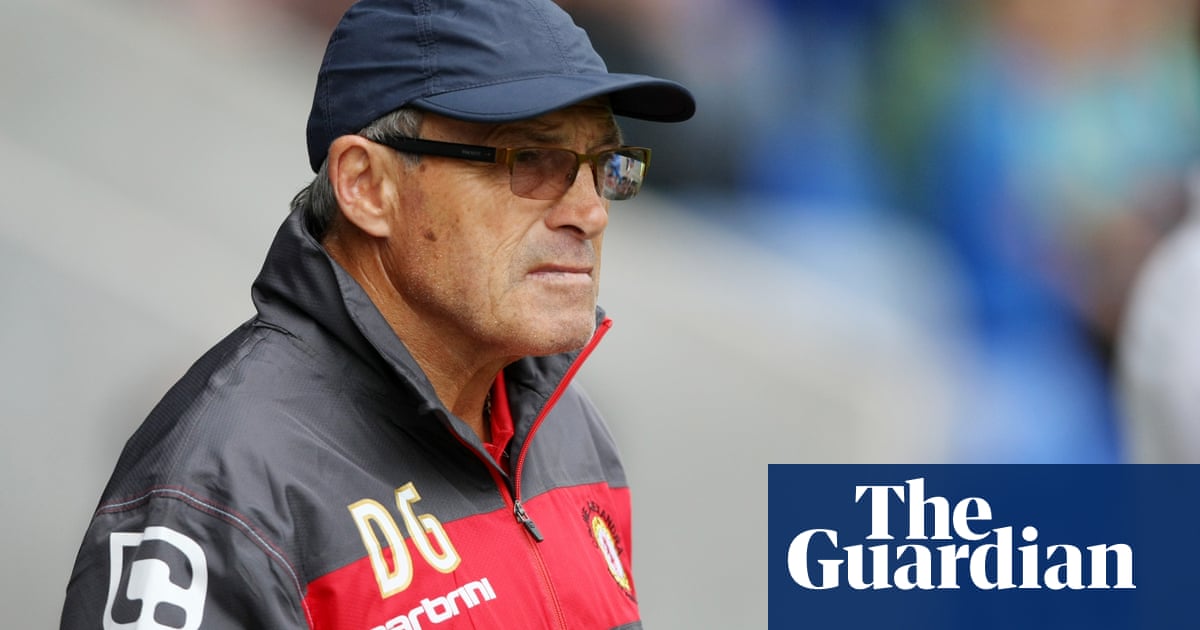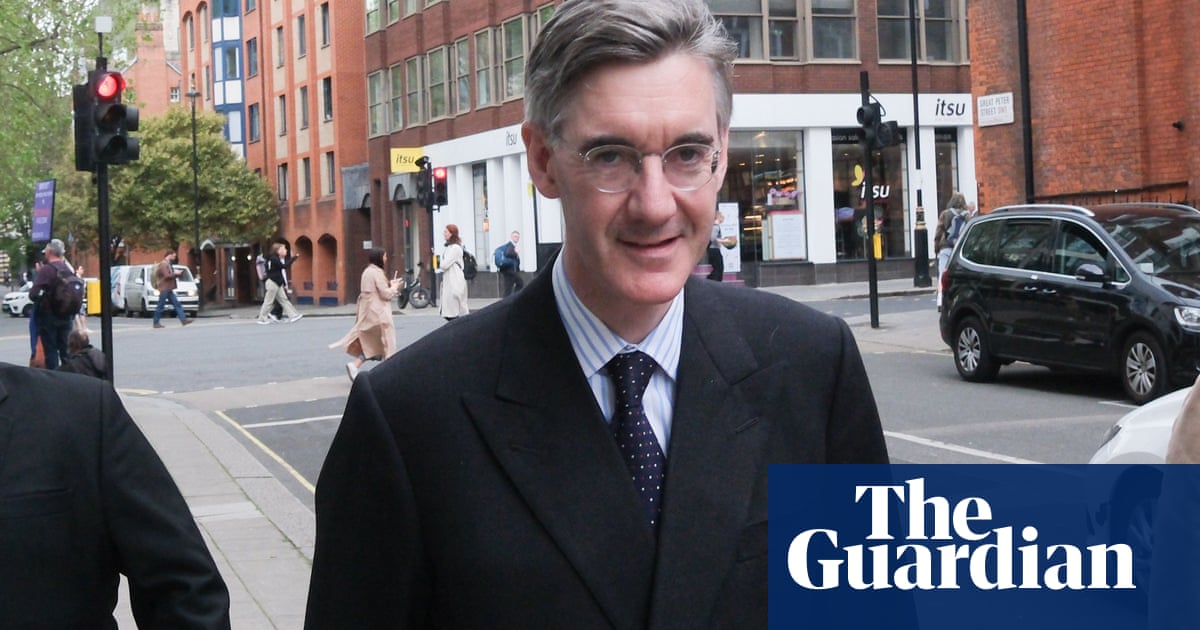
The government is facing mounting criticism from children’s organisations over its failure to protect young people from harmful material online, amid fears that key legislation promised in the Tory party’s 2019 election manifesto to strengthen internet safety could be under threat.
The Observer understands from sources close to the discussions that hugely controversial and sensitive changes to the online safety bill were to have been announced to parliament this week by the culture secretary, Michelle Donelan, after ministers across government had been consulted in recent days.
But, as Donelan tries to strike a difficult balance between enhancing child safety online, and maintaining freedom of speech after only weeks in post, an announcement on ditching the so-called “legal but harmful” rules for adults has been put back, with disagreements raging within government over how to proceed.
Last night the Molly Rose Foundation, formed following the death by suicide of 14-year-old Molly Russell after she watched harmful material online, and the NSPCC, called on the government to act quickly and not to water down the bill. The children’s commissioner, Rachel de Souza, writing in the Observer, catalogues her harrowing experiences of talking to children about their exposure to harmful material online and says ministers have a “once in a lifetime” chance to act.
Donelan, who was appointed as secretary of state for digital, culture, media and sport less than three weeks ago by Rishi Sunak, has already been warned by officials that the entire online safety bill will run out of parliamentary time and therefore fall completely, unless it is accelerated on to the statute book by the spring.
Such a failure to legislate would be seen as a disaster by online safety campaigners, and represent a huge failure of the government machine.
In its 2019 manifesto – following tragedies such as the Molly Russell case – the Tories promised to “legislate to make the UK the safest place in the world to be online”.
But the bill’s progress has been slowed by the complexity of the issues of online regulation, as well as the competing demands of the free speech lobby and child safety campaigners, and the fact that three different prime ministers with their own agendas and views have occupied No 10 in the last four months.
Rules in the existing draft bill would have meant that social media sites, including Facebook and Instagram, would have become subject to regulation by Ofcom and potential multi-million pound fines if they failed to prevent adults and children from seeing material that was judged to be “harmful” but that was not illegal, such as content on suicides and self-harm.
But following an outcry from defenders of free speech and some rightwing Tory MPs, who argued that the rules would mean companies being pressured into taking down material that people had a right to see, it is understood that Donelan has been proposing to scrap the “harmful but legal” rules for adults, while retaining them for children.
Critics of the proposed changes argue, however, that this would still seriously weaken the protections for children in the bill, because many children lie about their ages to gain access to adult sites.
A recent survey by Ofcom found that one in three children lie about their ages to access adult content on social media. So under the planned changes children who successfully faked their ages would still be able to access content that was judged legal but harmful even for adults.
Sources close to the discussions insist, however, that rules on age verification for children will be tightened by the bill through the use of the latest technology and that Ofcom will have a greatly enhanced role in other ways to minimise the risk of children’s exposure to harmful material.
But the Molly Rose Foundation said it was “imperative” that nothing should be done to the bill that would weaken protections for children. The charity stressed that the inquest into Molly’s death in September showed that “harmful but legal” content was often the most dangerous.
Ian Drury, a Molly Rose Foundation Trustee, said: “Recent statistics indicate that four school-age children die every week by suicide, so it is imperative that action is taken and parliamentary measures are not diluted. Otherwise, how can this be regarded as anything other than a neglect of our collective duty towards these vulnerable, and currently unprotected young people.”
The full inquest into Molly Russell’s death concluded in September this year that she “died from an act of self-harm while suffering from depression and the negative effects of online content”. The coroner said Molly was “exposed to material that may have influenced her in a negative way”.
Ian Russell, Molly’s father has stressed that while the bill does contain extra measures to protect children, without more effective age verification to block children from using harmful sites, these measures are likely to be ineffective.
Sir Peter Wanless, NSPCC chief executive, said: “It is time the government delivered on their promise to make the UK the safest place to be online by getting the online safety bill through parliament without any further delay.
“The need for legislation could not be more urgent. More than a month after a coroner concluded social media contributed to the death of Molly Russell, the sites our children use are still awash with dangerous self-harm and suicide content because there are no consequences for industry inaction.
“It’s absolutely crucial that any changes to the bill do not let tech firms off the hook or weaken the protections children need. The culture secretary has promised to strengthen the legislation for children and can do this by ensuring every social media site has to protect young users from damaging material and hold senior managers personally liable for failure that causes serious harm.”
In her Observer article de Souza says the bill is a “once-in-a-lifetime opportunity to protect all children, particularly the most vulnerable”.
But she adds that “whatever changes may be made to the bill during its course through parliament, to satisfy those from different sides of the argument, there must be no weakening of its provisions as far as the safety of our children are concerned”.
A DCMS spokesperson said: “Protecting children and stamping out illegal activity online is a top priority for the government. The culture secretary has promised to bring the online safety bill back to parliament as soon as possible with the intention of passing the bill this session.”












